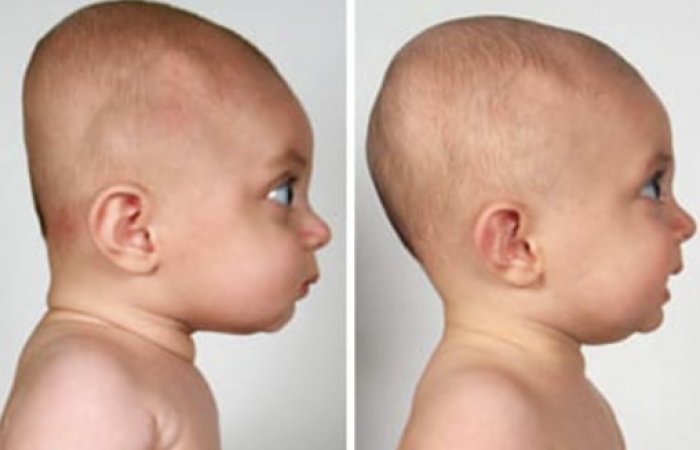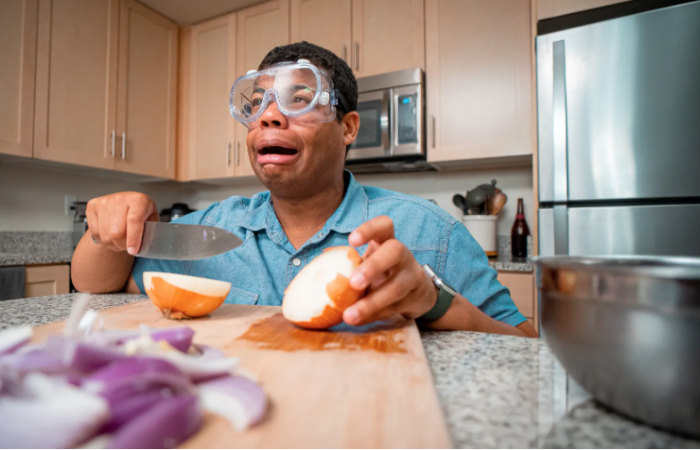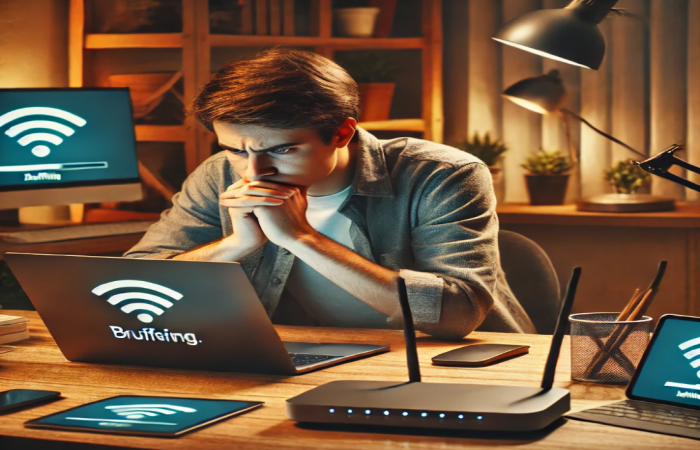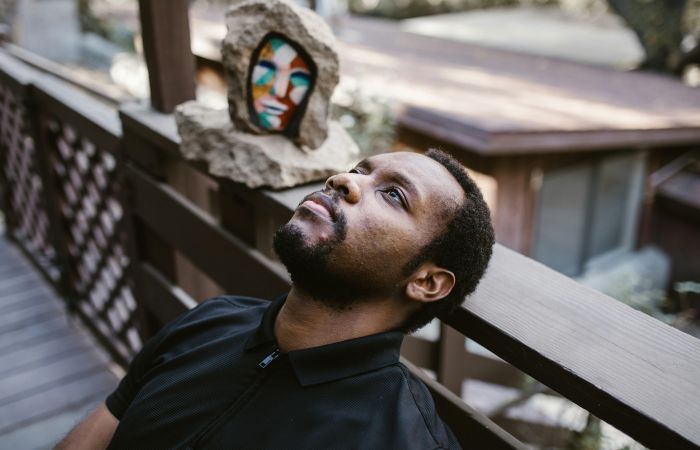
Does Your Heart Start Beating Fast Anytime You Try to Sleep? Here's Why
If your heart starts racing just as you’re about to drift off to sleep, you’re not alone. While it can be unsettling, it’s often caused by a variety of factors ranging from physical conditions to emotional stress. Here’s a closer look at why this happens and what you can do about it.
Stress or anxiety is one of the most common reasons your heart may start racing at bedtime. When your mind is full of worries or you're overthinking, your body releases adrenaline, which can increase your heart rate. This is often accompanied by shallow breathing or a sense of restlessness, making it harder to relax into sleep.
Solution: Try relaxation techniques like deep breathing, meditation, or progressive muscle relaxation before bed. Writing down your worries in a journal can also help clear your mind.
Consuming caffeine, nicotine, or other stimulants close to bedtime can keep your heart rate elevated. These substances activate your nervous system, making it harder for your body to transition into the relaxed state needed for sleep.
Solution: Avoid stimulants at least 4–6 hours before bedtime. Opt for calming herbal teas or water instead.
Certain medical conditions can cause your heart to race at night. Common culprits include:
a) Sleep apnea: This condition can interrupt your breathing during sleep, causing your heart to work harder.
b) Heart arrhythmias: Irregular heartbeats can be more noticeable when you’re lying down.
c) Thyroid disorders: An overactive thyroid can elevate your heart rate, even at rest.
Solution: If your nighttime racing heart persists or is accompanied by chest pain, shortness of breath, or dizziness, consult a doctor. They can help rule out or treat underlying conditions.
For some people, hormonal shifts during the night can trigger heart palpitations. This is especially common in women during pregnancy, menopause, or their menstrual cycle, as fluctuating hormones can affect heart rate and rhythm.
Solution: Stay hydrated, maintain a balanced diet, and consider speaking with a healthcare provider if this is a recurring issue.
A noisy or uncomfortable sleeping environment can trigger your body's "fight-or-flight" response, leading to an increased heart rate. Even things like sleeping in a hot room or being exposed to bright screens before bed can contribute.
Solution: Create a calm and comfortable sleep space. Use blackout curtains, a white noise machine, and avoid screens at least an hour before bed.
While occasional heart palpitations are often harmless, you should seek medical attention if they are:
a) Frequent or persistent
b) Accompanied by chest pain, fainting, or extreme fatigue
c) Interfering with your ability to sleep
Your doctor may perform tests to identify the cause and suggest treatments or lifestyle changes to alleviate the issue.
A racing heart at bedtime can be unsettling, but it’s often linked to manageable causes like stress, stimulants, or sleep habits.
By addressing these factors, you can improve your sleep quality and feel more at ease when it’s time to rest. If the problem persists, don’t hesitate to seek professional advice—it’s always better to be safe when it comes to your heart health.

















